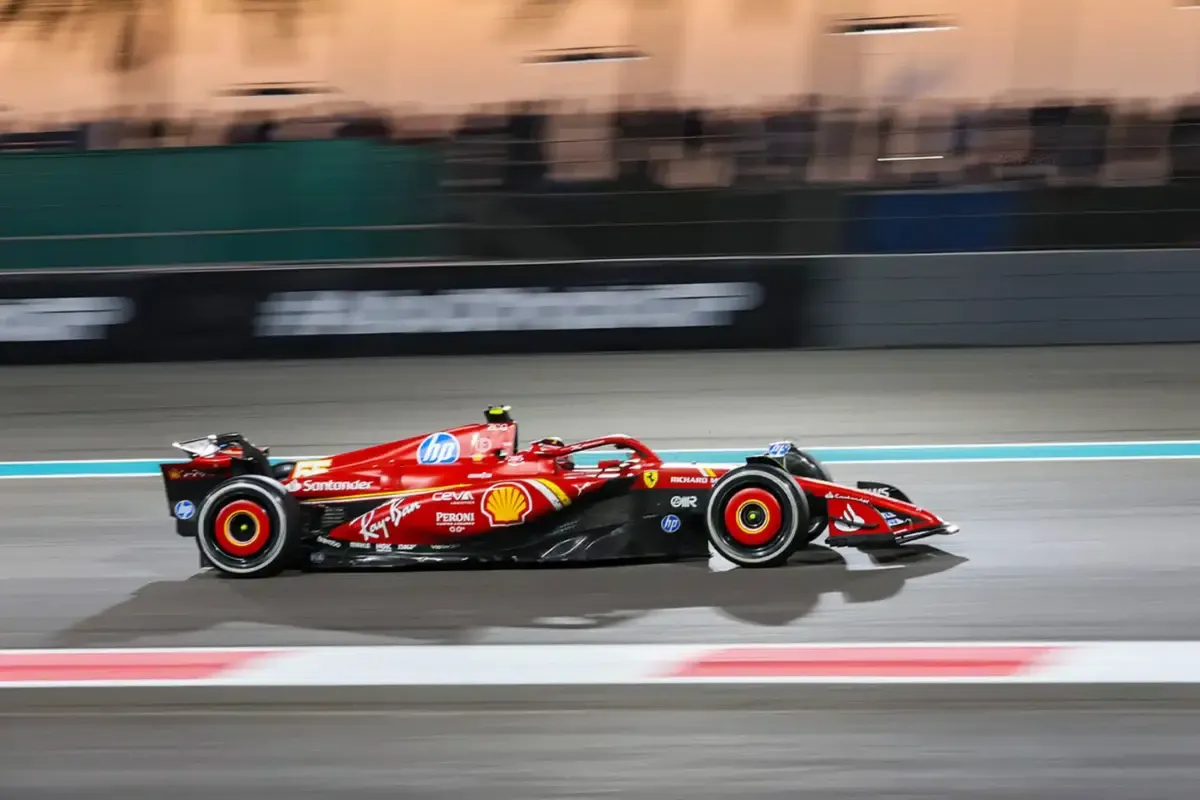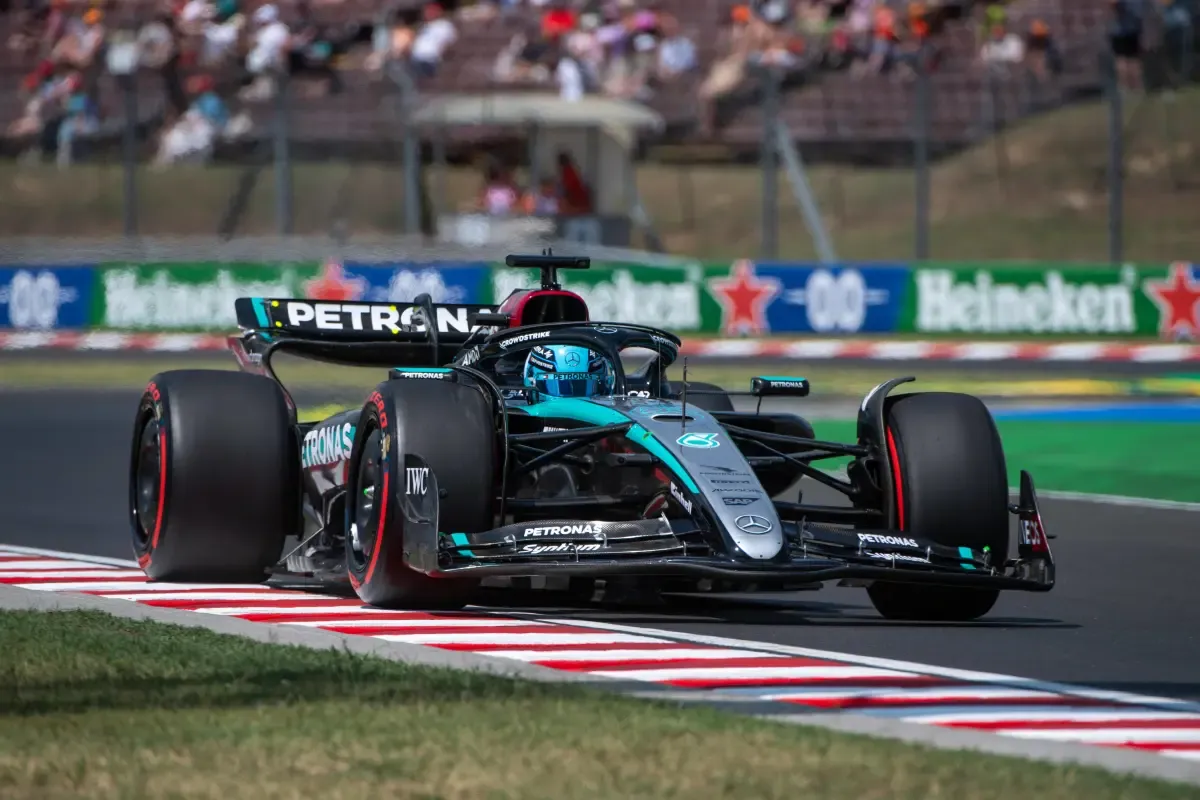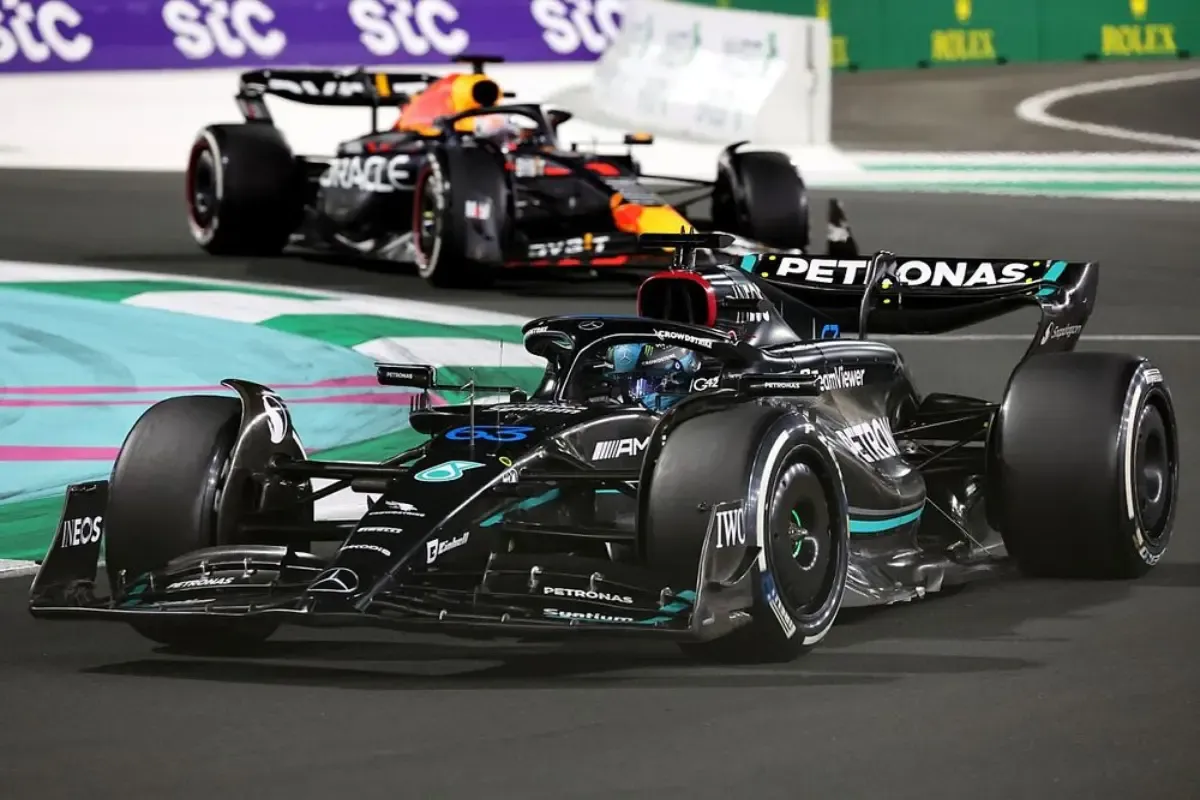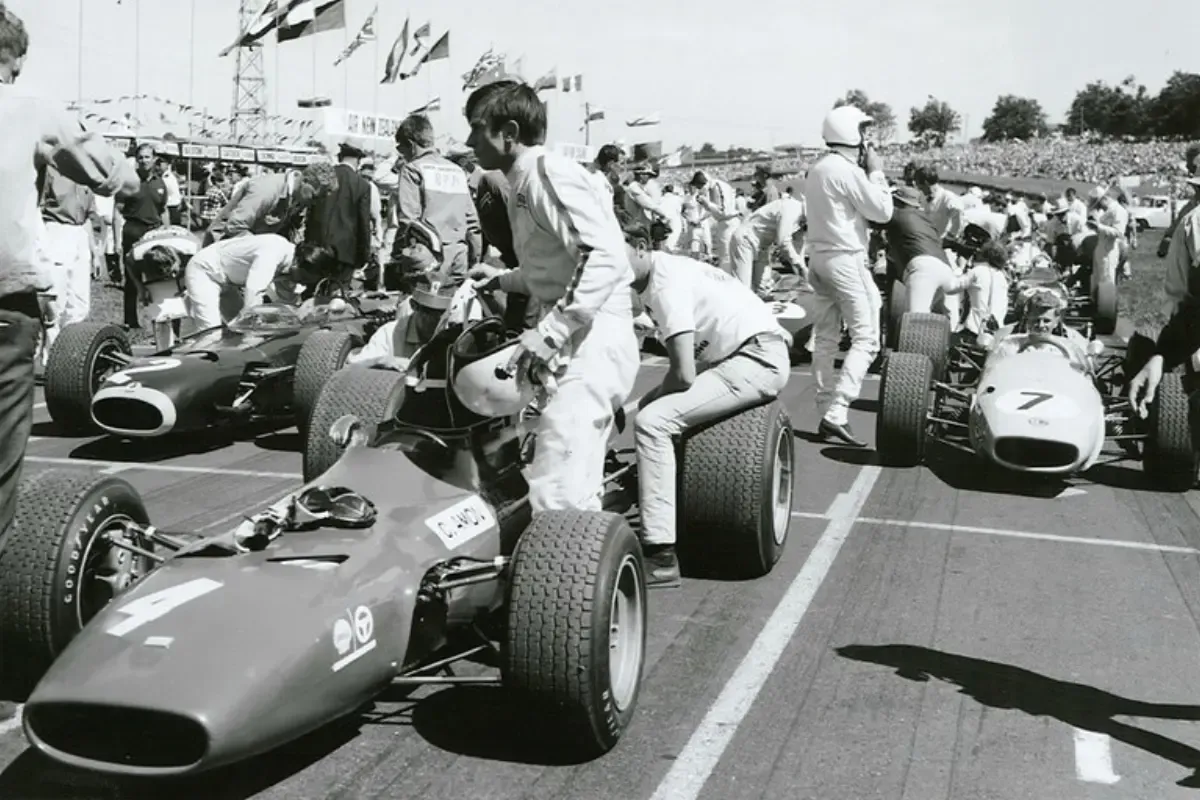Formula 1 Racing: “If everything seems under control, you\’re not going fast enough.” This quote by Mario Andretti perfectly captures the adrenaline rush of F1. Governed by FIA Sporting Regulations, Formula 1 racing is the pinnacle of motorsport at the international level. It is considered one of the most expensive sports in the world. The technology, innovation, teamwork, and talent involved in F1 are so advanced that they rival the expertise of rocket scientists in certain aspects of engineering and problem-solving.
But have you ever wondered how much an F1 car costs? Which prominent nations host these high-speed races? How much does it cost to host an F1 race? And where did Formula 1 racing begin? In this article, we will explore all these details to help you understand Formula 1 better.
How Much Does an F1 Car Cost?
Before looking at the price of an Formula 1 racing car, it\’s important to understand who builds them. Each F1 team designs and manufactures its own car, but they rely on specialised suppliers for certain components. Teams like Mercedes-AMG Petronas, Red Bull Racing, Ferrari, McLaren, Aston Martin, Alpin and Williams create their own chassis and aerodynamics as per FIA rules.

In the 2025 season, there are four main engine suppliers. Mercedes provides engines to its own team, along with McLaren, Aston Martin, and Williams. Ferrari supplies engines to Ferrari and Kick Sauber. Renault, which currently powers Alpine, will exit F1 engine manufacturing after 2025, leading Alpine to switch to Mercedes engines in 2026. Honda RBPT will continue supplying Red Bull until the end of 2025. From 2026, Red Bull will develop its own engines with Ford as a partner, while Audi will enter the sport as an engine supplier for Sauber.
The price of an F1 car may shock you, as it can cost anywhere from around ₹100-200 crore. Here’s a rough cost breakdown of an F1 car:
- Chassis & Aerodynamics – ₹50-70 crore
- Engine – ₹70-90 crore
- Transmission & Gearbox – ₹15-20 crore
- Tires – ₹1-2 crore per set (multiple sets used per season)
- Electronics & Software – ₹8-10 crore
For example, the Mercedes F1 W04, driven by Lewis Hamilton, was sold at an auction for ₹143 crore in 2023. This high price reflects the advanced engineering and historical significance of the car.
Which Prominent Nations Host Formula 1 Racing?
Formula 1 is hosted in multiple countries worldwide, with some nations holding a long-standing association with the sport. India also hosted the Formula 1 Indian Grand Prix at the Buddh International Circuit in Greater Noida, Uttar Pradesh, from 2011 to 2013. However, it was discontinued in 2014 due to a tax dispute.

Here are some of the most prominent nations that conduct Formula 1 racing:
- United Kingdom – Silverstone is one of the oldest and most iconic F1 venues, hosting the first-ever Formula 1 World Championship race in 1950. The UK is also home to major F1 teams like Mercedes-AMG, McLaren, Aston Martin, and Williams.
- Italy – The Italian Grand Prix, held at Monza since 1950, is one of the fastest races on the calendar. Italy is also home to Ferrari, one of the most legendary F1 teams.
- Monaco – The Monaco Grand Prix is one of the most prestigious races, held on the narrow streets of Monte Carlo.
- United States – The US has multiple F1 races, including those in Austin (Circuit of the Americas), Miami, and Las Vegas.
- France – France has a strong F1 history and was home to the French Grand Prix at Le Castellet. Though it is no longer part of the calendar, France remains significant in the sport, especially with Renault’s presence in Formula 1.
- Germany – Germany has hosted legendary races at Nürburgring and Hockenheim. While it currently does not have an F1 race, it remains an important country in motorsport, with Mercedes being a leading team.
- Brazil – The São Paulo Grand Prix at Interlagos is famous for its unpredictable weather and exciting races.
- Japan – The Suzuka Circuit is one of the most technical tracks in F1, known for its unique figure-eight layout.
- Australia – The Australian Grand Prix at Albert Park in Melbourne has traditionally been the season opener.
- United Arab Emirates – The Abu Dhabi Grand Prix at Yas Marina Circuit serves as the season finale.
Other countries that currently host F1 races include Spain (Barcelona), Canada (Montreal), Saudi Arabia (Jeddah), Bahrain (Sakhir), and Singapore, which hosted the first-ever night race in Formula 1.
Cost of Conducting a F1 Race
Hosting a Formula 1 Racing event is an expensive affair, with costs varying based on location, circuit status, and infrastructure requirements. Established circuits like Monaco pay around $15 million (₹129 crore) per year, whereas newer venues like Jeddah in Saudi Arabia pay approximately $55 million (₹474 crore) to remain on the calendar.

Apart from hosting fees, organisers bear additional expenses for certifications, security, safety measures, and temporary infrastructure such as grandstands. The Las Vegas Grand Prix, managed by F1’s owner Liberty Media, spent $435 million (₹3,650 crore) to host the event, covering costs for security, traffic planning, and consultancy, despite not paying a hosting fee.
While hosting an Formula 1 Racing event can boost the local economy—drawing international spectators and benefiting businesses like hotels and restaurants—the financial burden is immense. Some circuits, including Kyalami in South Africa and Buddh International Circuit in India, were dropped from the calendar due to high costs, highlighting the financial challenges of sustaining an F1 Racing event.
How Long Has Formula 1 Been Happening?
Formula 1 (F1) has a rich history spanning over seven decades, evolving from a European motorsport series into a global phenomenon. Its origins date back to the early Grand Prix races of the 1890s–1940s, held in France, Italy, and other European countries as unregulated events.

In 1946, the Fédération Internationale de l\’Automobile (FIA) introduced the “Formula One” category, establishing standardized rules for engine specifications and car designs. The first official F1 World Championship season took place in 1950, beginning with the British Grand Prix at Silverstone on May 13. Initially, only seven races counted toward the championship.
Since then, F1 has expanded across multiple continents, incorporating cutting-edge technology, evolving safety regulations, and adapting race formats to maintain its status as the pinnacle of motorsport. Today, Formula 1 Racing remains one of the most prestigious, advanced, and expensive sports in history.

